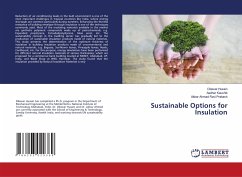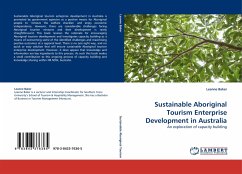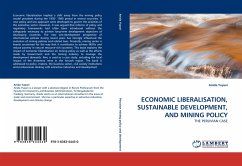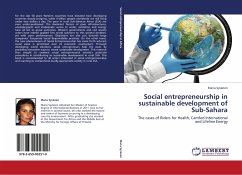Reduction of air conditioning loads in the built environment is one of the most important challenges in tropical countries like India, where energy shortages are common particularly during summers. Enhancing the thermal resistance of building envelope through insulation is one of the techniques commonly used. Most of the insulating materials available in the market are synthetic polymeric compounds made up of petrochemicals, e.g. Expanded polystyrene, Extrudedpolystyrene, Glass wool, etc. The sustainability concept in the building sector has gradually led to the production of sustainable insulation products made of natural materials. This study presents the determination of the optimum thickness of insulation in building insulation products made of unconventional and natural materials, e.g. Bagasse, Sunflower leaves, Pineapple leaves, Reeds, Cardboard, etc. For this purpose, energy simulations have been performed for different natural insulation materials of various thicknesses, which are proposed for a commercial bank building located at MNNIT, Allahabad, UP, India, and Blade Shop at BHEL Haridwar. The study found that the insulation provided by Natural Insulation Materials is very
Bitte wählen Sie Ihr Anliegen aus.
Rechnungen
Retourenschein anfordern
Bestellstatus
Storno








